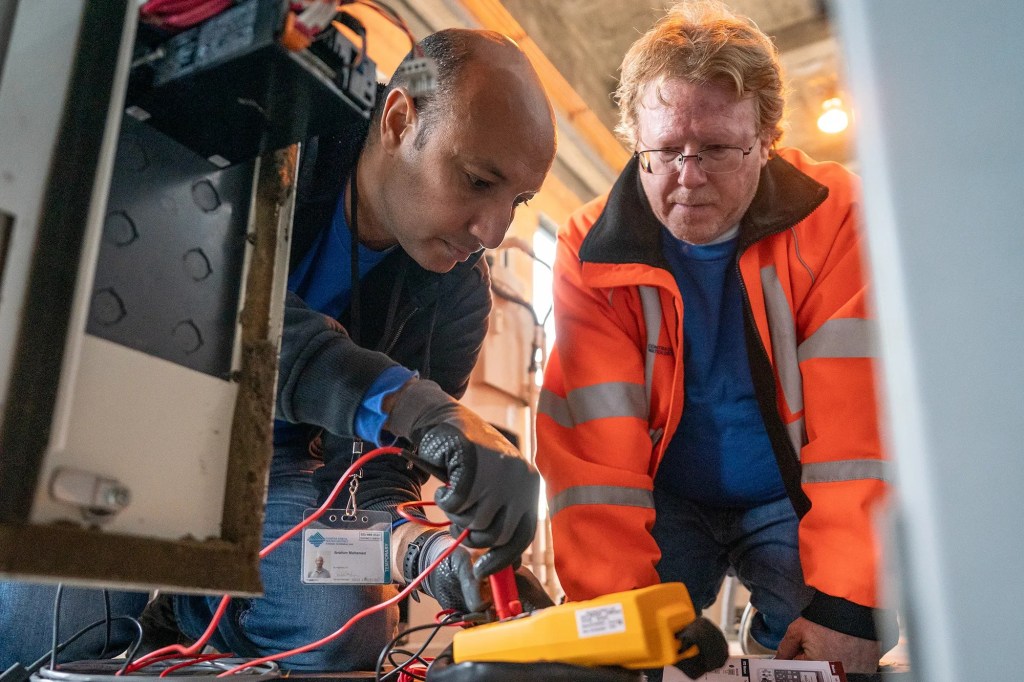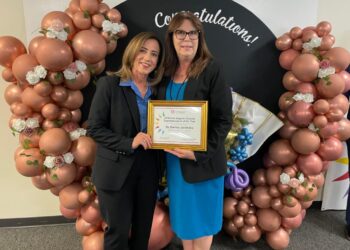BY ADAM ECHELMAN | CalMatters
At 47, Ibrahim Mohamed doesn’t fit the typical image of a college intern. When he arrived in the U.S. from Sudan in 2016, he went online to look for a steady job and decided he wanted to be an electrician at a water treatment facility.
A few years later, he started his internship, which is part of a state program known as a “High Road Training Partnership.” The focus is on training workers for “high road” jobs, defined as those that pay a living wage, provide opportunities for promotion, guarantee safe working conditions, and may offer other benefits, such as a union.
Since 2014, California has put roughly $370 million toward High Road job training, said Erin Hickey, a spokesperson for the California Workforce Development Board, in an email. The board, which administers the program, refused multiple requests for an interview.
In Mohamed’s case, the money went to Jewish Vocational Service, a Bay Area nonprofit organization that worked with local water treatment districts and community colleges to create the internship. The water district is responsible for paying the interns, who work part-time, by way of an intermediary, and at a rate of $27 an hour.
While the internship doesn’t cover all of his bills, Mohamed is committed to it and the future it could hold. In 2019, he moved from West Oakland to settle in Pittsburg, about 45 minutes away, in order to take night classes at Los Medanos College and intern with the Contra Costa Water District two days a week.
The rest of the week he works as a programmer for a Canadian company. He started working there while living in Sudan. “It pays better,” he said, speaking of his programming job, “but it’s not continuous.” Some projects pay as much as $3,000, he said, but other times, the company gives him no work at all.
“I need a stable job. I don’t like moving from place to place,” he said.
The High Road programs vary by industry. In some cases, like…
Read the full article here







